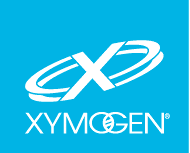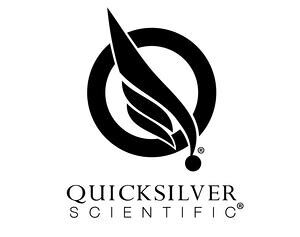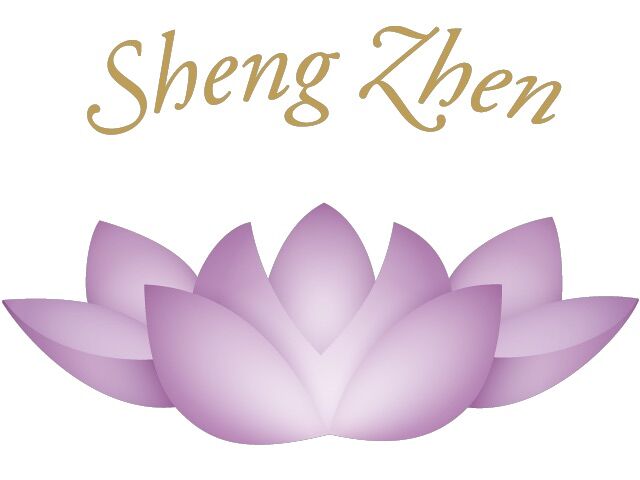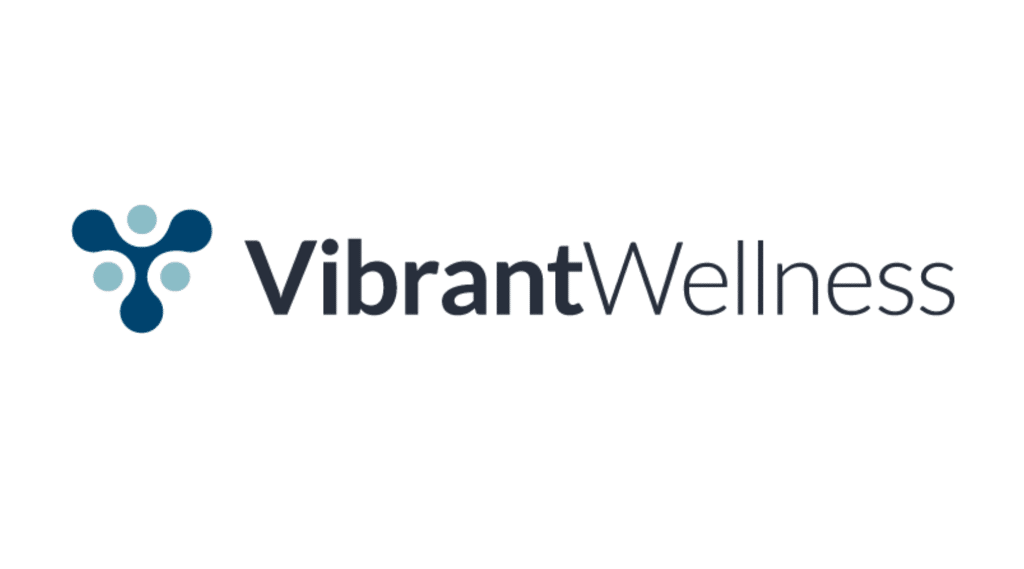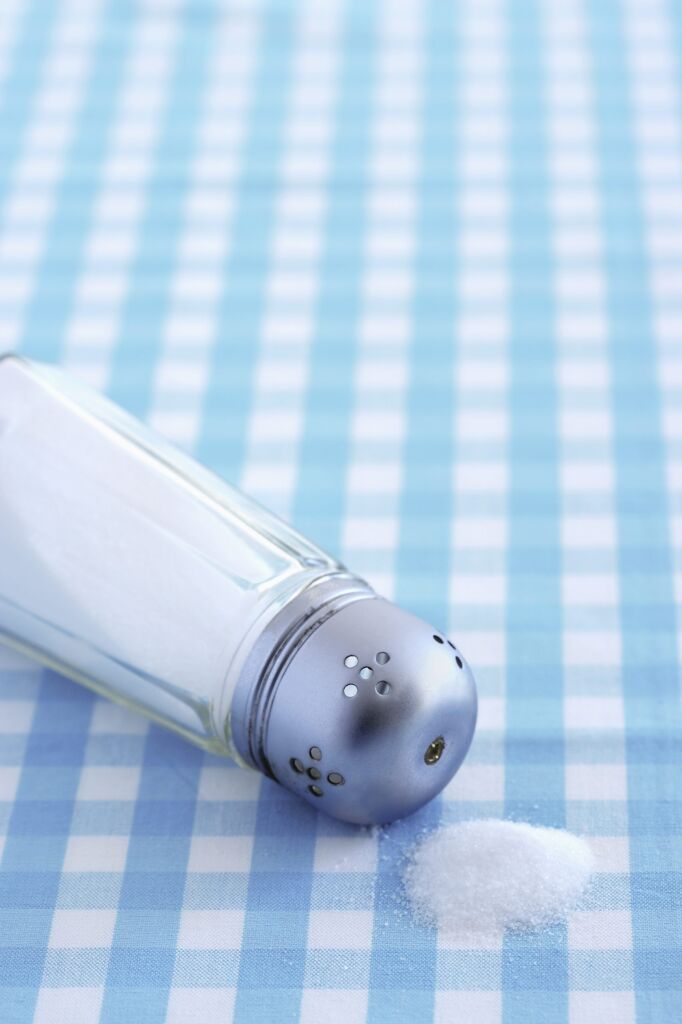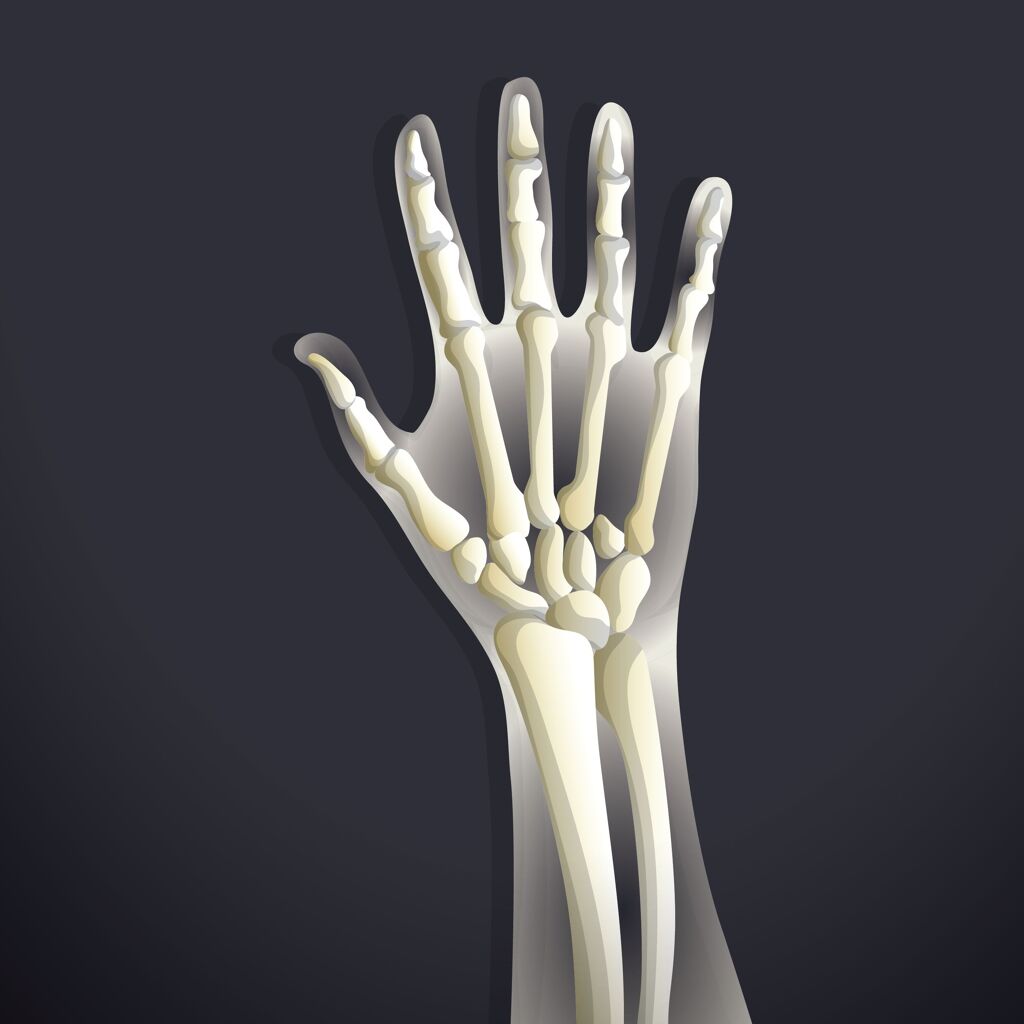Hypothyroidism: Are you Tired of Being Tired?

Hypothyroidism: Welcome to our Thyroid Series of blog articles. This article covers hypothyroidism and how to address it using Functional Medicine approaches. Last week in Hypothyroidism part #1, we discussed hypothyroidism root causes and how to address it using diet. We hope you will stay with us and follow the thyroid series week by week.
As a recap, the diet we recommend for hypothyroidism is:
A whole-foods based, blood sugar-balancing, anti-inflammatory diet. Examples are the Paleo diet or a gluten-free Mediterranean diet.
In addition, specific foods should be eaten to ensure adequate levels of certain nutrients:
Iodine: Seaweed, seafood (such as shrimp), fish (cod & tuna), dairy (yogurt & cheese). DO NOT get too much iodine, especially in cases of autoimmune thyroid issues like Hashimoto’s. Anything above 1,100 mcg should be done under the guidance of an experienced functional medicine practitioner. 70-150 mcg is generally safe and helpful in most cases.
Selenium: Brazil nuts, tuna, sardines & other fish, ham, beef, turkey, chicken. Selenium can be toxic if too high. Brazil nuts are very high in selenium and can be overdone. Limit yourself to no more than 8 Brazil nuts per day and in most cases 2-4 may be sufficient.
Zinc: Meat, shellfish (especially oysters), legumes, seeds, nuts
Iron: Liver, grass-fed beef, lamb, sardines, oysters, white beans, spinach
Vitamin D: Fatty fish (wild salmon, mackerel, tuna), liver, cheese, egg yolks
Tyrosine: Chicken, turkey, fish, dairy (milk, yogurt, cheese), peanuts, almonds, seeds
While you are adjusting your diet, it is critical to Look at Root Causes and address the following:
Fix gut problems: Work with an experienced FM practitioner and look out for dysbiosis, H pylori, SIBO, leaky gut, reduced motility or problems with the migrating motor complex (MMC), absorption issues or other GI problems. Thyroid hormones are partially converted in the gut so a healthy gut is required for a healthy thyroid.
Reduce toxins: The thyroid is very sensitive to toxins. Don’t smoke, drink minimal alcohol, reduce exposures to chemicals and pesticides. Clean up your personal care cosmetic products & household products; use the EWG skin deep website to check products at www.ewg.org/skindeep. Use clean cookware and not Teflon. Avoid the chemical fluoride in tap water and toothpaste. Drink filtered water and get a shower filter. Add houseplants to absorb chemicals in the environment. Reduce EMFs exposure where possible. Reduce exposure to bromide, which is especially high in supermarket breads. Reduce exposure to chlorine with a shower filter and minimal exposure to swimming pools.
Support the detoxification function: This is important in order to eliminate toxins. Support the liver to enhance the detox function. Some T4 is converted to T3 in the liver so good liver function is critical (Kharrazian D, 2018).
Rebalance hormones: Avoid endocrine-disrupting chemicals and other sources of exogenous estrogen like conventional meats and animal products. Eat an organic diet with foods high in fiber which will aid in estrogen elimination. Also support and address HPA axis dysregulation. Work with an experienced FM practitioner to rebalance hormones. See if adaptogenic herbs make sense for you. Try meditation and restorative yoga. Rebalancing all hormones is an important component of hypothyroidism.
Address infections such as Epstein-Barr Virus, Lyme disease or other bacterial or viral infections. Inflammation of the thyroid gland can occur as a result of a (typically viral) infection (EndocrineWeb, 2014). The infection will affect thyroid function and production of thyroid hormones, possibly leading to thyroiditis, Hashimoto’s or hypothyroidism (American Thyroid Association, 2020).
To Read About Blog Topic, Scroll Down
Want To Work With Our Clinic?
Do you have a chronic or mystery illness that no one has been able to help you with? Are you simply wanting to re-connect with a healthier version of yourself? It’s Time To Finally Feel Better!
Supplements that can help hypothyroidism:
NDT: Natural desiccated thyroid (NDT) may be beneficial and help to avoid taking a pharmaceutical drug. One study compared NDT and Levothyroxine (synthetic T4) in the treatment of hypothyroidism. The study looked at the comparative effectiveness of NDT with synthetic T4 in hypothyroid patients (Hoang TD, 2013). It was found that NDT therapy was superior to synthetic T4 treatment for many hypothyroid individuals (Hoang TD, 2013).
Significant improvement in patients’ symptoms occurred when they were treated with NDT as compared to when they were treated with synthetic L-T4 (Hoang TD, 2013). Subjective pre-existing symptoms, such as poor concentration and memory, reduced decision-making capability, poor energy levels and insomnia were significantly better while taking NDT (Hoang TD, 2013). At the end of the study, 49% of patients preferred NDT, 19% preferred L-T4 and 33% had no preference (Hoang TD, 2013). Which medication works best for which person is very individual. Work with an experienced FM practitioner to find the best approach for you.
Iodine, zinc, iron, vitamin D and selenium are all nutrients that support thyroid health. You may be low in one or more of these. Work with a FM practitioner to test your levels properly to see if you need to supplements these nutrients.
Be careful with iodine supplements! Iodine can worsen Hashimoto’s hypothyroidism and hyperthyroidism. Do not self-diagnose hypothyroidism and take iodine yourself, without testing for iodine levels and having a full thyroid panel properly interpreted. The most accurate way to test iodine is through urine, not serum blood testing. Anyone with hyperthyroidism should not use iodine, because it could over-activate the thyroid and worsen the condition.
Tyrosine is a natural amino acid that helps the body to produce thyroid hormones. The body uses tyrosine, and iodine, to make T4 (Childs W, 2020). Deficiencies in one, or both, can result in disordered thyroid hormone production and metabolism (Childs W, 2020). Tyrosine is found in animal products. It is worth testing your tyrosine levels before supplementing on your own.
Ashwagandha: Ashwagandha is an adaptogenic herb that restores balance to the body. The root extract of ashwagandha has been shown in studies to increase serum concentrations of T3 and T4 (Urology of Virginia, 2018). Ashwagandha supports thyroid function, in part, because it contains glyco-withanolide bioactive compounds that reduce stress and cortisol levels (Urology of Virginia, 2018). People with thyroid disease often have elevated rates of depression, anxiety and other stress-related disorders. Elevations of cortisol and stress increase reverse T3 (RT3), which interferes with T3 function (Urology of Virginia, 2018).
Ashwagandha can improve T3 and T4 levels significantly and normalize thyroid markers in a significant manner (Sharma AK, 2017). It seems that ashwagandha stimulates the thyroid gland to release T4, though the precise mechanism(s) remains unknown (Gannon JM, 2014). Animal evidence of ashwagandha shows increases in both T3 and T4, helping to normalize hypothyroidism and reduced oxidative stress (Gannon JM, 2014).
Guggul is a natural extract of sap from the Indian myrrh tree (Urology of Virginia, 2018). It improves thyroid function by increasing T4 output of the thyroid gland (Seeds, 2019). It also increases the activity of the deiodinase enzymes required for the conversion of T4 into the more potent T3 form (Seeds, 2019). One study found that when rats were given guggul, it increased iodine uptake by the thyroid gland and increased the activity of thyroid enzymes, enhancing T4 -> T3 conversion (Urology of Virginia, 2018).
Guggul is best used with ashwagandha, as together they support the liver where some thyroid hormones are processed and boost thyroid activity (Seeds, 2019). One study on mice induced hypothyroidism in the mice (Panda S, 2005). Simultaneously giving guggul for 30 days reversed this effect, indicating its potential to stimulate thyroid function (Panda S, 2005). These findings suggest the use of guggul in improving hypothyroidism (Panda S, 2005). Guggul may interact with thyroid medications so it is important to seek expert advice.
Korean ginseng is also an adaptogenic herb like ashwagandha. It contains properties known as ginsenosides that have been shown to support thyroid function (Urology of Virginia, 2018) Korean ginseng reduces concentrations of inactive, thyroid hormone-inhibiting RT3 and can stop the action of RT3 from blocking T3 activity (Urology of Virginia, 2018). One study looked at people with congestive heart failure who also had low levels of T3 and T4 and high RT3 (Dai X, 1999). Two weeks after treatment with Korean Ginseng, T3 and T4 levels in all patients increased significantly and RT3 levels significantly decreased, demonstrating the modulating effect of Korean ginseng on thyroid hormones (Dai X, 1999).
And don’t forget the basics with hypothyroidism treatment! Practice good lifestyle habits like adequate sleep, regular exercise, healthy weight maintenance, stress management and meditation.
** Please check our blog next week to read our next article in the Thyroid Series on **
Hyperthyroidism & Solutions using Functional Medicine
Are You Suffering From A Chronic Illness?
Does your current health situation look like this…
- Do you feel that you have tried many things and either nothing works, or the treatment does not hold?
- Have you been told that there is nothing that can be done to reverse your illness and you just need to manage symptoms?
- Does your illness impact your work, your family, your happiness and your social life?
We specialize in finding answers and solutions for complicated chronic illness when people feel like they have tried everything. If this sounds like you, book a free call with us to see if we are the right fit for your health goals.
Dr. Miles has spoken for the following organizations:
